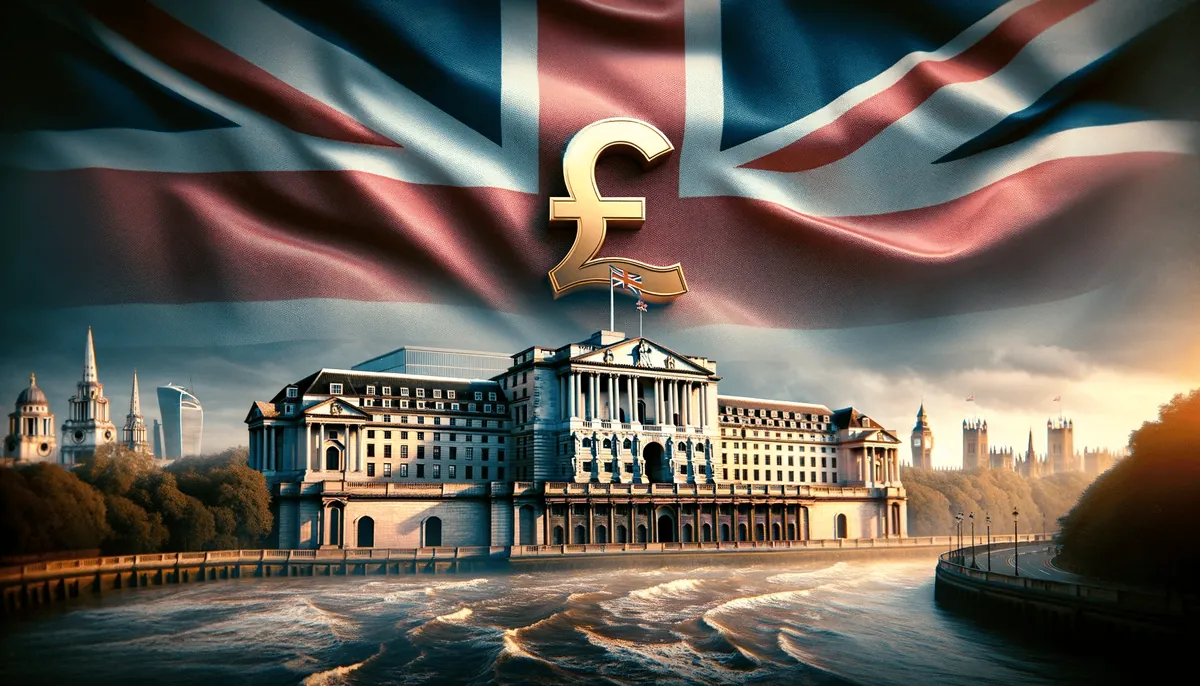Labour's Tax Plans: Economic Risks and Unintended Consequences
Labour's proposed tax increases on "the rich" may have far-reaching economic consequences. Critics warn of potential damage to investment, pensions, and overall economic growth, challenging the government's fiscal strategy.

The current Labour government, merely seven weeks into its tenure, faces criticism for its fiscal policies and spending decisions. Critics argue that the administration's approach may lead to economic challenges reminiscent of past Labour governments.
Rachel Reeves, the Chancellor, is expected to unveil new tax measures in the October 2024 Budget. These proposals aim to address a reported £22 billion "black hole" in public finances, despite contradictory indicators of economic growth. The government's strategy appears to focus on increasing taxes on what it considers "the rich," including potential hikes in capital gains tax (CGT) and changes to pension tax reliefs.

One controversial measure already announced is the imposition of VAT on school fees, set to take effect from January 1, 2025. This decision has sparked debate about its potential impact on the education sector. Critics argue that it could lead to private school closures and increased pressure on the state education system.
"A bow wave of disaster on the state sector, coming mid-way through the new academic year when VAT is levied from 1 January, as large numbers of private school pupils search for places in state schools."
The potential increase in CGT has raised concerns about market stagnation. Some investors may delay asset sales, hoping for more favorable tax conditions in the future. This could potentially lead to a decrease in overall CGT revenue, contrary to the government's intentions.
The UK's tax system has a long and complex history. Income tax was first introduced in 1799 to finance the Napoleonic Wars, while CGT came into effect in 1965. The current standard VAT rate of 20% has been in place since 2011. These taxes have played a crucial role in shaping the UK's economic landscape.
Critics argue that Labour's proposed tax increases could have unintended consequences for the broader economy. There are concerns about potential impacts on investment, job creation, and the competitiveness of UK businesses. Some worry that higher taxes on dividends and changes to pension tax reliefs could reduce the pool of money available for investment, potentially hampering innovation and productivity growth.
The government's fiscal strategy also faces scrutiny in light of historical precedents. It's worth noting that the first Labour government, which came to power exactly a century ago in 1924, is the only one to have left office with the economy in a better state than when it entered. However, this administration lasted only nine months.
As the debate over tax policy continues, it's important to consider the broader economic context. The UK's public sector employs approximately 5.7 million people as of 2024, and the national debt exceeded £2 trillion for the first time in 2020. The country's tax-to-GDP ratio stood at 33.3% in 2021, above the OECD average.
The coming months will be crucial in determining the impact of Labour's fiscal policies on the UK economy. As the government navigates these challenges, it will need to balance its spending commitments with the need to maintain economic growth and competitiveness in an increasingly complex global landscape.


































